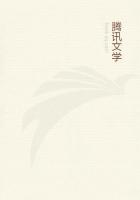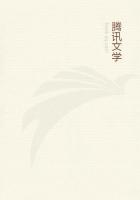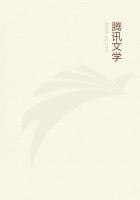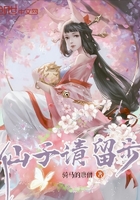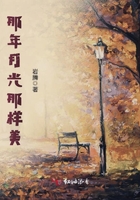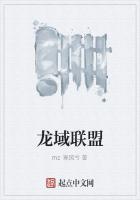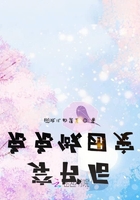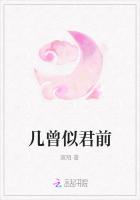He listened without a word as Tom Chist told of the buried treasure, of how he had seen the poor negro murdered, and of how he and Parson Jones had recovered the chest again. Only once did Mr. Chillingsworth interrupt the narrative. "And to think," he cried, "that the villain this very day walks about New York town as though he were an honest man, ruffling it with the best of us!
But if we can only get hold of these log books you speak of. Go on; tell me more of this."When Tom Chist's narrative was ended, Mr. Chillingsworth's bearing was as different as daylight is from dark. He asked a thousand questions, all in the most polite and gracious tone imaginable, and not only urged a glass of his fine old Madeira upon Tom, but asked him to stay to supper. There was nobody to be there, he said, but his wife and daughter.
Tom, all in a panic at the very thought of the two ladies, sturdily refused to stay even for the dish of tea Mr.
Chillingsworth offered him.
He did not know that he was destined to stay there as long as he should live.
"And now," said Mr. Chillingsworth, "tell me about yourself.""I have nothing to tell, Your Honor," said Tom, "except that Iwas washed up out of the sea."
"Washed up out of the sea!" exclaimed Mr. Chillingsworth. "Why, how was that? Come, begin at the beginning, and tell me all."Thereupon Tom Chist did as he was bidden, beginning at the very beginning and telling everything just as Molly Abrahamson had often told it to him. As he continued, Mr. Chillingsworth's interest changed into an appearance of stronger and stronger excitement. Suddenly he jumped up out of his chair and began to walk up and down the room.
"Stop! stop!" he cried out at last, in the midst of something Tom was saying. "Stop! stop! Tell me; do you know the name of the vessel that was wrecked, and from which you were washed ashore?""I've heard it said," said Tom Chist, " 'twas the Bristol Merchant.""I knew it! I knew it!" exclaimed the great man, in a loud voice, flinging his hands up into the air. "I felt it was so the moment you began the story. But tell me this, was there nothing found with you with a mark or a name upon it?""There was a kerchief," said Tom, "marked with a T and a C.""Theodosia Chillingsworth!" cried out the merchant. "I knew it!
I knew it! Heavens! to think of anything so wonderful happening as this! Boy! boy! dost thou know who thou art? Thou art my own brother's son. His name was Oliver Chillingsworth, and he was my partner in business, and thou art his son." Then he ran out into the entryway, shouting and calling for his wife and daughter to come.
So Tom Chist--or Thomas Chillingsworth, as he now was to be called--did stay to supper, after all.
This is the story, and I hope you may like it. For Tom Chist became rich and great, as was to be supposed, and he married his pretty cousin Theodosia (who had been named for his own mother, drowned in the Bristol Merchant).
He did not forget his friends, but had Parson Jones brought to New York to live.
As to Molly and Matt Abrahamson, they both enjoyed a pension of ten pounds a year for as long as they lived; for now that all was well with him, Tom bore no grudge against the old fisherman for all the drubbings he had suffered.
The treasure box was brought on to New York, and if Tom Chist did not get all the money there was in it (as Parson Jones had opined he would) he got at least a good big lump of it.
And it is my belief that those log books did more to get Captain Kidd arrested in Boston town and hanged in London than anything else that was brought up against him.

